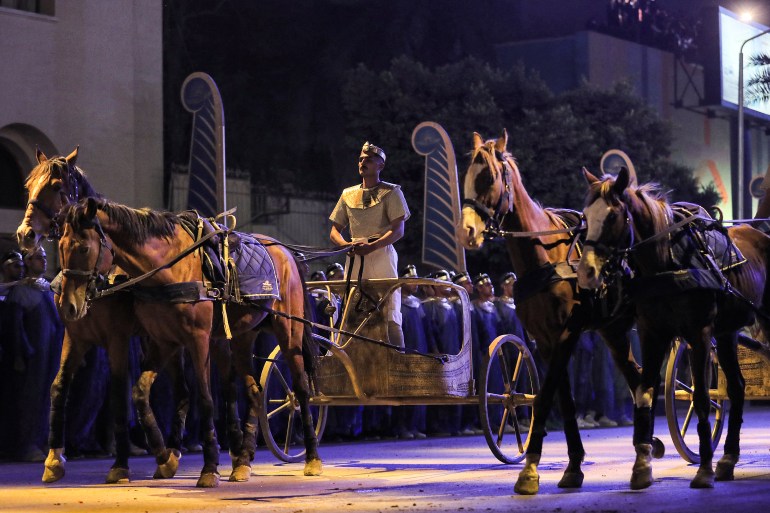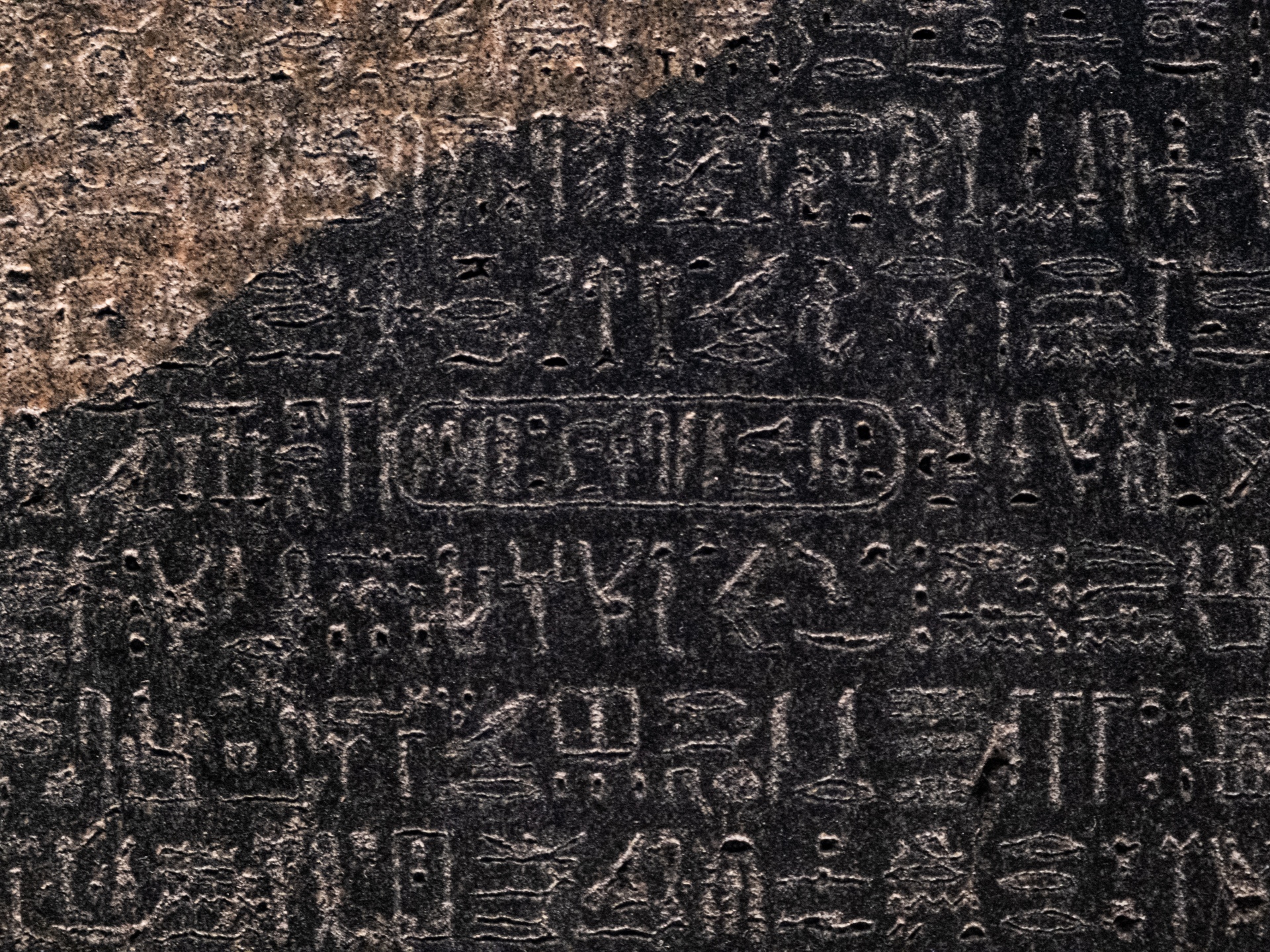The Rosetta Stone helped break the code of Egyptian hieroglyphics – before being taken by Europeans.
Prominent Egyptian archaeologists have renewed a call for the return of the Rosetta Stone from the British Museum to Egypt, 200 years after the deciphering of the slab unlocked the secrets of hieroglyphic script and marked the birth of Egyptology.
The archaeologists’ online campaign has gathered 2,500 signatures so far and aims to “tell Egyptians what has been taken from them”, said Monica Hanna, acting Dean of the College of Archaeology in the Egyptian city of Aswan.
The Rosetta Stone dates to 196 BC and was unearthed by Napoleon’s army in northern Egypt in 1799. It became British property after Napoleon’s defeat under the terms of the 1801 Treaty of Alexandria, along with other antiquities found by the French, and was shipped to Britain. It has been housed at the British Museum since 1802.
Bearing inscriptions of the same text in hieroglyphs, Demotic (an ancient Egyptian script) and Ancient Greek, it was used by Frenchman Jean-Francois Champollion to decipher hieroglyphs from 1822, opening up understanding of ancient Egyptian language and culture.
Egyptian archaeologists have previously called for its return, but are hoping that increasing moves by Western museums to return artefacts that were removed from countries under colonial rule will help their cause.

“I am sure all these objects eventually are going to be restituted because the ethical code of museums is changing, it’s just a matter of when,” said Hanna.
“The stone is a symbol of cultural violence, the stone is a symbol of cultural imperialism.
“So, restituting the stone is a symbol of changing things – that we’re no longer in the 19th century but we’re working with an ethical code of the 21st century.”
A British Museum spokesperson said there had been no formal request from the Egyptian government for the return of the Rosetta Stone.
In an emailed statement the spokesperson noted that 28 stelae engraved with the same decree written by Egyptian priests had been discovered, starting with the Rosetta Stone in 1799, and that 21 remain in Egypt.
The museum is opening an exhibition entitled Hieroglyphs: unlocking ancient Egypt on October 13 which sheds light on the role of the Rosetta Stone.
“The British Museum greatly values positive collaborations with colleagues across Egypt,” the statement added.
Egypt says the return of artefacts helps boost its tourism sector, a crucial source of dollars for its struggling economy. It is due to open a large new museum near the Giza pyramids to showcase its most famous ancient Egyptian collections in the next few months.
“Egyptian antiquities are one of the most important tourism assets that Egypt possesses, which distinguish it from tourist destinations worldwide,” tourism minister Ahmed Issa said last week at an event to mark the 200th anniversary of Egyptology.
